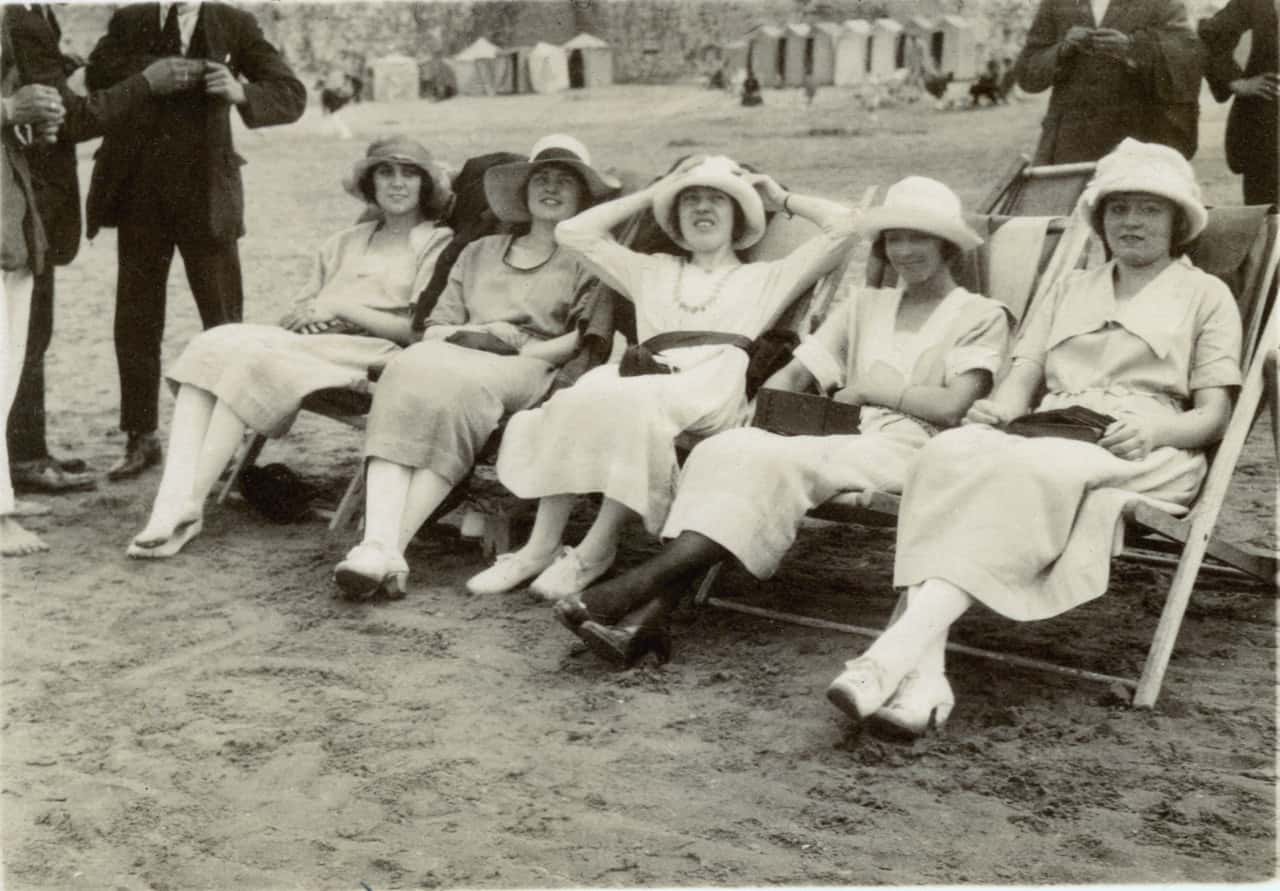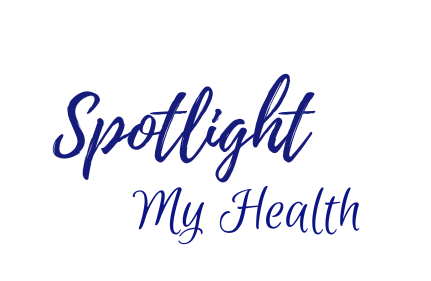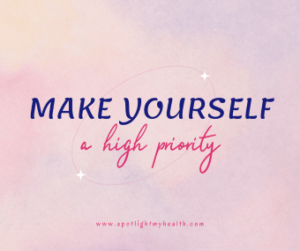
What is menopause and how does it affect you? When does it start and how will I know when it does? What are the symptoms and how long will they last?
Menopause causes lot of questions, but my first thought is that it’s a pain in my arse. It’s supposed to be a time in our lives when things slow down. Our kids may be grown; we are in a better place financially, etc. But—BaBam!! Our bodies start doing things that we are not ready for and can freak us out. No one told me I was going to become a sopping mess or my bladder was going to go haywire! What the hell!
But in a nutshell, menopause is the end of a woman’s menstrual cycle. It doesn’t happen overnight and tends to take its good ole time before you are truly in menopause. There is a lot that happens and goes on before menopause is truly a fact of your life. So, let’s start at the beginning.
When we are young, our ovaries start making estrogen and progesterone which cause our eggs to be released. Eggs being released is what causes a girl to start menstruating. From then on, when an egg is released, we have a period until well into our 40’s, for the majority of women.
ALL CONTENT ON THIS WEBSITE IS FOR INFORMATIONAL PURPOSES ONLY AND DOES NOT REPLACE ADVICE OR DIRECTIVES FROM YOUR DOCTOR OR ATTORNEY
NATURAL MENOPAUSE
Natural menopause is a slow process and generally happens in three stages.
Phase One
Perimenopause: Usually starts years before true menopause and begins to happen because our ovaries start making less estrogen.
Phase Two
Menopause: You are considered in “menopause” when your ovaries have stopped releasing eggs and you have not had a period for a year. (Glory days!)
Phase Three
Post-menopause: This is the time after menopause when all your symptoms of menopause go away. (Go out and celebrate and have a good ole time—the wicked witch is dead.)
PERIMENOPAUSE
This is the phase or transition that takes the longest and to me was like dayuum!!! There are plenty of symptoms in this phase, but no hard and fast rules to go by since each of our bodies are different. This phase in life will be no different.
My hot flashes were so bad I’d get dizzy and feel like I was going to be sick. I stopped wearing long sleeve shirts and slept with the ceiling fan on even in the dead of winter.
A winter coat was not something I wore very often. There had to be a major snow storm going on before I would wear one. There were many times I wasn’t sure I was going to get through it, but I eventually realized something.
While the hot flashes were miserable to me, I came to see that they only lasted about 15 minutes, so I just had to make myself get through those minutes. And then I would feel better—until my next “personal summer” hit.
When going through any of this, remember that you need to take care of yourself. I wrote a post on how to set-up a personal retreat. This would be a good idea so you have someplace to spend time just for you.

Find Someone To Ask Questions About Menopause and Its Symptoms
I really had no one to ask about this part of my life when it started happening to me. My mother had passed away many years before, so she wasn’t there for me to talk with or ask any questions. The only thing I remember for her was the hot flashes. Because she was from a generation that didn’t talked about this much, she only mentioned her hot flashes on occasion.
The “Big M”, as I call it, came up with my mother-in-law, for some reason one time, and all she said is that she had been lucky because she didn’t remember anything out of the ordinary for her. Go figure! Besides hot flashes, others I’ve asked had spotting, irregular periods, a lot of trouble sleeping, gaining weight, etc.
If you start to experience any of these symptoms on a regular basis, you may want to start charting what you are feeling, when, for how long and also information about your period. There is a good chance your doctor will want you to do this once you finally go to see what the heck is going on with all the changes you may be feeling.
WHEN PERIMENOPAUSE MAY START
Perimenopause is the years leading up to the point where a woman starts to see changes in her monthly cycles and/or many of the symptoms stated above.
For most women, this phase in their lives starts somewhere between 45 and 55 years of age. This transaction period could last anywhere from seven to fourteen years. I can attest to this as mine went on a very long time—well over 12 years and if I sat and thought it out, it could be closer to 15, but I’m not sure my doctor would agree.

Save to your board on Health
Your Doctor May Look at Your Family History
My doctor did not think anything much about my symptoms when I first went to him because I was getting what I thought were hot flashes and my “monthly” had become sporadic. Now I’m someone that could plan my calendar around my period, from day one. The only time I missed a period I was pregnant, so I knew when something wasn’t normal for me.
Unfortunately, I was only around 38 years old and my doctor didn’t think anything out of the ordinary was happening for me, so he didn’t do any testing. I went on my merry way.
Several years later, when he did run tests, I was in full blown perimenopause. I had to laugh at him when he tried to explain the things I’d been feeling and I had to tell him I’ve been feeling these symptoms for years now. Someone at work had even given me a fan to sit on my desk.
And I knew my mother and at least one or two of her sisters went through menopause early also. My doctor had not asked me this information, but it would be a good idea to volunteer the info.
Your Doctor May Not Agree With That Your Symptoms May Be Menopause
So, ladies, just be aware that your doctor may not agree with you about being in the first stage, when you start feeling any of these symptoms on a regular basis—hence the reason I suggested the charting. Especially if you are not 45 or nearing that age.
When you go to the doctor to figure out what’s up, show him/her your information and go from there. Your doctor may suggest getting a blood test called FSH (follicle-stimulating hormone) to determine what your hormones are doing. This will tell if you are in perimenopause, rather than just going by your symptoms. Either way, if you begin suspecting you are at the beginning of this stage, a trip to the doctor should be made to make sure everything is as it should be.
Perimenopause starts several years before menopause.


MENOPAUSE
This second phase is really a continuation of the first, with one big difference. It’s hard to determine which of the first two phases you are in, since its different for everyone. Someone could be in perimenopause and feel no symptoms only to enter menopause and get hit with several. And visa versa.
You are considered in “menopause” after a full year of having no period (the big difference). This is because your ovaries have totally stopped releasing eggs and your estrogen levels are very low.
BIGGIE SUGGESTION: If you don’t want to get pregnant be sure to continue using some form of birth control for at least a full year after your last period.
POST MENOPAUSE
These are the years after menopause and most of the symptoms begin to disappear or are already gone. But you also need to remember to keep in touch with your doctor. Because of the loss of estrogen, other health risks may appear, such as osteoporosis and heart disease.
PREMATURE MENOPAUSE
Be aware that there are causes that can put you into premature menopause. Menopause is a natural part of life, but if it starts before age 40 it is considered premature menopause. This can happen naturally too, due to other physical and medical conditions.
Premature menopause can also be caused by medical conditions such as a hysterectomy, cancer chemo or endometriosis to name just a few.
Symptoms can be different for each woman
There’s an extensive variety of symptoms that some with the stages of menopause. The severity varies for each woman. And some women have few, if any, symptoms at all.
How you get through the stages will depend a lot on your perspective of what is happening to you and your preparation. For most of us, these symptoms are manageable. I’ve included some ideas that may help with your journey through each stage.
Pay attention and notice if any foods trigger your symptoms. Generally, try and eat healthier and stay away or limit your alcohol intake. Also try to stay active. I know all these things, most of us already try and do or at least have the intentions of doing, but during these stages of your life, staying healthy may be just what is needed.

A Little Brain Fog, Anyone?
For me, I hated the brain fog. I couldn’t stand looking at someone, knowing they had just said something to me, but I had no idea what is was. I truly thought for a while that my brain had flown the coop and I still wonder, at times.
And while, I had sleepless nights, it was not a regular thing for me like it was for a co-worker of mine. I don’t know how she functions, as she never seems to sleep. On weekends, I know she may nap, if time permits.
There were times that I had to warn my family “the bitch is back” cause that is how I woke up feeling and that’s not me. I don’t like feeling grumpy and angry. A couple of times, I even warned my co-workers a few times. It was like something I couldn’t control or stop. And then three hours later, I’d feel OK again. Oh the wonderful hormones we women have to deal with.
POSSIBLE TREATMENTS
I’m not an expert here, as I didn’t take anything when I was going through this, but I know there are medications available. Don’t hesitate to ask your doctor if your symptoms are getting bad enough. There are prescription medications, over the counter medications, oils and supplements.
Below, are some suggestions on things you can do or stay away from.
Do’s:
**Do relaxing types of things an hour or so before bed (warm bath, reading, etc.)
**Get up and go to bed at the same times everyday
**Practice some type of relaxation technique–yoga, deep breathing and meditating do wonders for relaxing
**Do add a fan to your bedroom, if possible, preferably over the bed,
**Ask your doctor for any aids that may help you
**Take a small, quiet desk fan to work
**Drink plenty of water because the hot flashes will make you sweat
**Dress in layers–its easier to take things off (trust me on this!)
Don’t
**Don’t continue to lay in bed, if not sleeping—get up and do something like reading or meditating (something relaxing)
**Stay away from eating heavy or spicy meals too close to bedtime
**Try to stay away from smoking, caffeine, and stimulants of any kind, after lunch
**Stop working a few hours before bed (remember, nothing stimulating)
CONCLUSION
As you go through this possibly trying and confusing time of your life, there are a few things you can do to help you feel a little better. Try some of the following few suggestions.
**Spend time with your friends–who better to talk to as they are likely also going through the same stage in life.
**Don’t forget that our perspective of life plays a big part in how we handle situations presented to us. Even during this phase of a woman’s life, remember to like yourself and listen to your higher self—it just may help.
If you have gone through menopause and have some good suggestions, please write below and let us all know. This is information that needs to be shared!!
For More Information on Menopause
American College of Obstetricians and Gynecologists
1-800-673-8444 (toll-free)
resources@acog.org
www.acog.org
Stay Awesome!
Cher










Good read
Thank you, Rebecca
Another well crafted, interesting and informative article. Thank you Cher!
Thanks Kate–glad you liked the article and hope it helps.